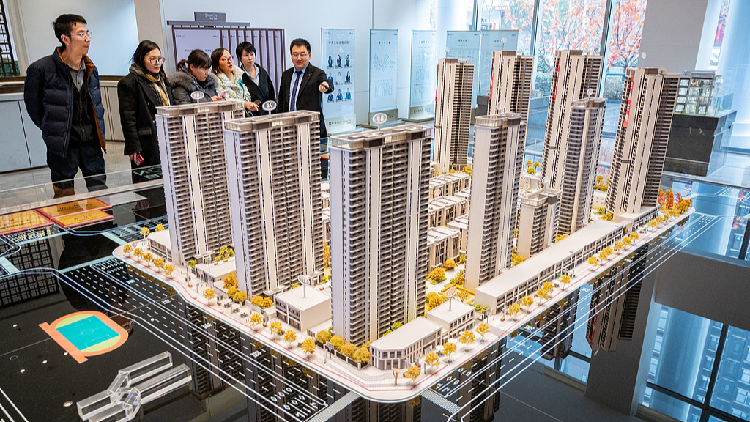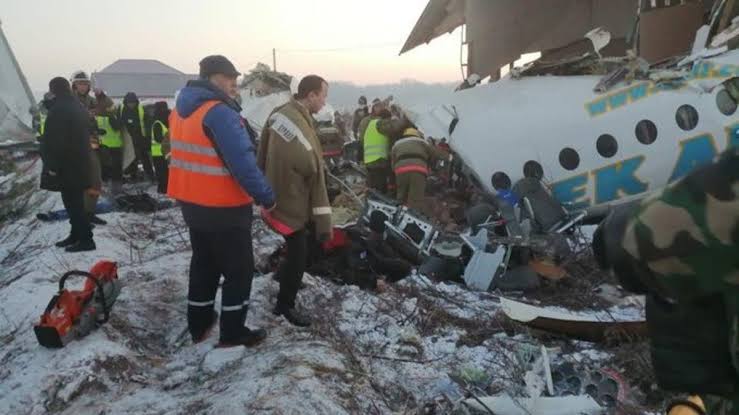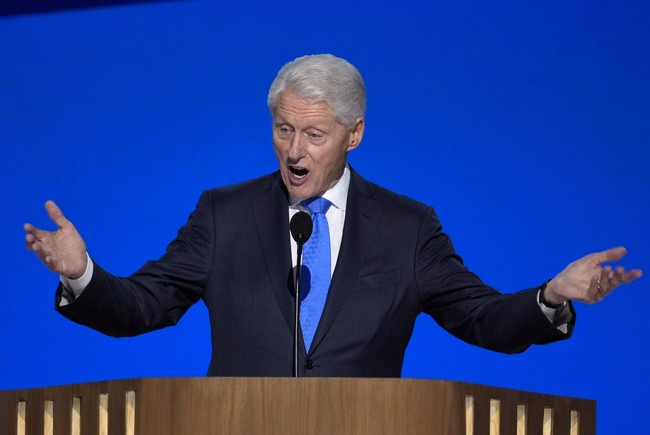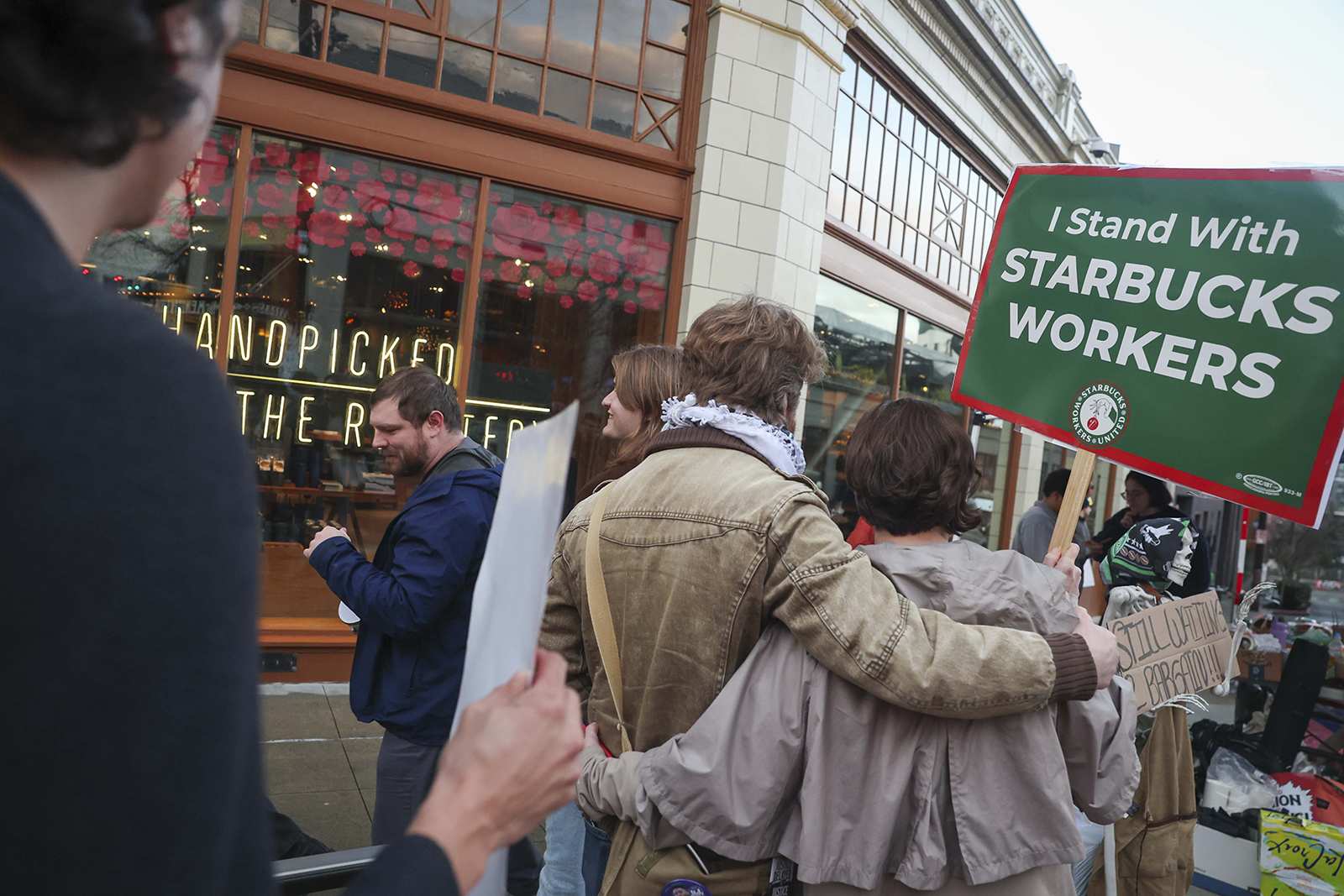Syrian Prisoners Released: Joy and Trauma Intertwined
In a monumental turn of events, thousands of prisoners have been released from Syria's notorious detention centers as Bashar al-Assad's regime collapses. Families and detainees reunite amidst mixed emotions.
Published December 09, 2024 - 00:12am

Image recovered from arabnews.com
The collapse of Bashar al-Assad's government has led to an extraordinary turn of events in Syria as thousands of prisoners, held for years in some of the world's most notorious detention centers, have finally been released. Across the nation, scenes of overwhelming joy mixed with disbelief have unfolded, marking the end of an era characterized by fear and repression under Assad's five-decade rule.
Throughout the ongoing civil war, which began in 2011, these detention facilities became synonymous with torture and human rights abuses. As security forces detained hundreds of thousands, families were often left in the dark about their loved ones' fates, receiving sparse or no information. The fall of Damascus led to a swift and dizzying eight-day campaign where insurgents, determined to dismantle the remnants of Assad's regime, prioritized the liberation of imprisoned citizens.
The sheer relief and cascading emotions were palpable as former prisoners streamed out into the streets, holding up fingers to indicate the years spent in captivity. Newly freed detainees, drawing deep breaths of freedom, could be seen shouting 'We toppled the regime!'—a clarion call that resonated throughout the nation. Videos broadcasted by agencies like the Step News Agency vividly captured these moments, adding faces to the stories of freed prisoners embracing their families in tearful reunions.
A palpable sense of disbelief accompanies these joyous reunions in cities across the country. Families arrived, some from neighboring Jordan, to meet loved ones whom they had thought lost to the abyss of Assad's regime. The emotional weight of this historical moment is evident in videos showing mothers with voices breaking with emotion as they are finally reunited with sons presumed dead or missing.
Particularly powerful were the scenes at Sednaya prison, a facility long seen as the epicenter of the regime's torture practices. The lock on its gates, a symbol of oppression, gave way as insurgents moved in to open doors to a freedom long-desired but seldom thought achievable. Some prisoners, having been conditioned by years of abuse and deprivation, emerged hesitant and trembling—seemingly unable to comprehend their newfound freedom. One poignant clip showed a shaven-headed man squatting, almost overwhelmed by liberation, unable to articulate his past due to the trauma of his experience.
The release sheds light on the dark chapters in Syrian history, intensified by images smuggled out by a military photographer codenamed 'Caesar'. These photographs, brimming with the haunting evidence of starvation and systematic torture, served as a grim reminder of the countless lives extinguished or tormented in Assad's prisons. They have sparked a renewed urgency both domestically and internationally for conversations around justice and reconciliation in post-Assad Syria.
However, amidst the joy lies a somber meditation on the future. The legacy of such brutal incarceration systems raises pressing questions about accountability and what lies ahead for a country emerging from decades of iron-fisted rule. The international community watches closely as Syria navigates this transformation, assessing the impact of these events on regional stability and human rights progress.
Despite the magnitude of the day, numerous families still hold their breath for news on those who remained unaccounted for as stories from detention emerge. These narratives provide a stark look into the endurance and resilience of those who survived and the painful memories left with families whose chapters in these prisons ended in tragedy.
As the history of a nation opens a new chapter, the courage and indomitable spirit of its people shine through. The former detainees' cries of 'God is great!' as they carry their few belongings on weary backs, marching towards Damascus, encapsulate the sense of hope and the enduring quest for peace and reconciliation in a scarred but defiant Syria.







